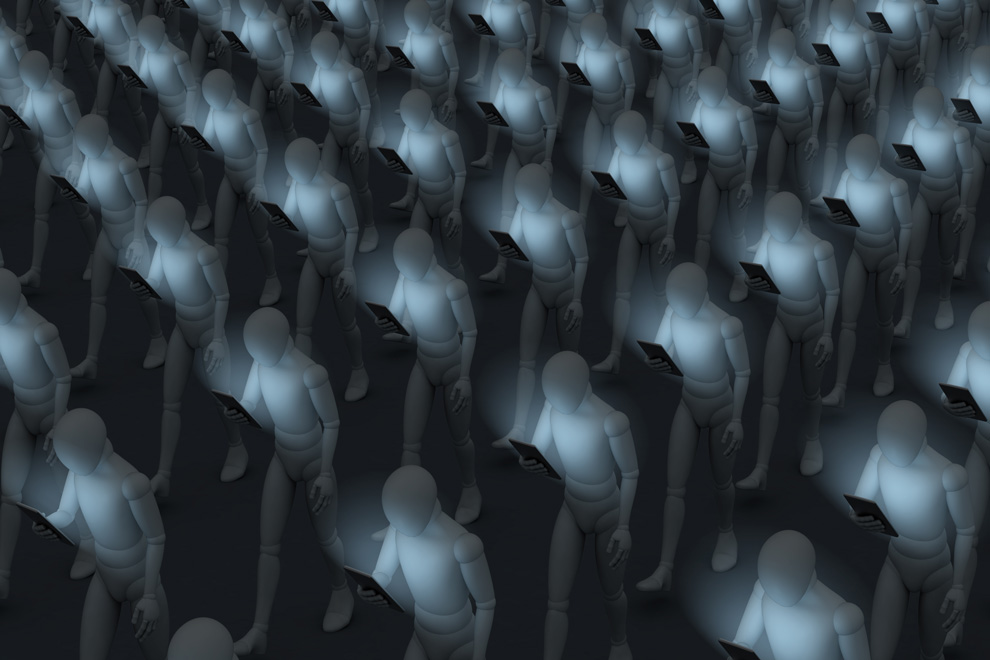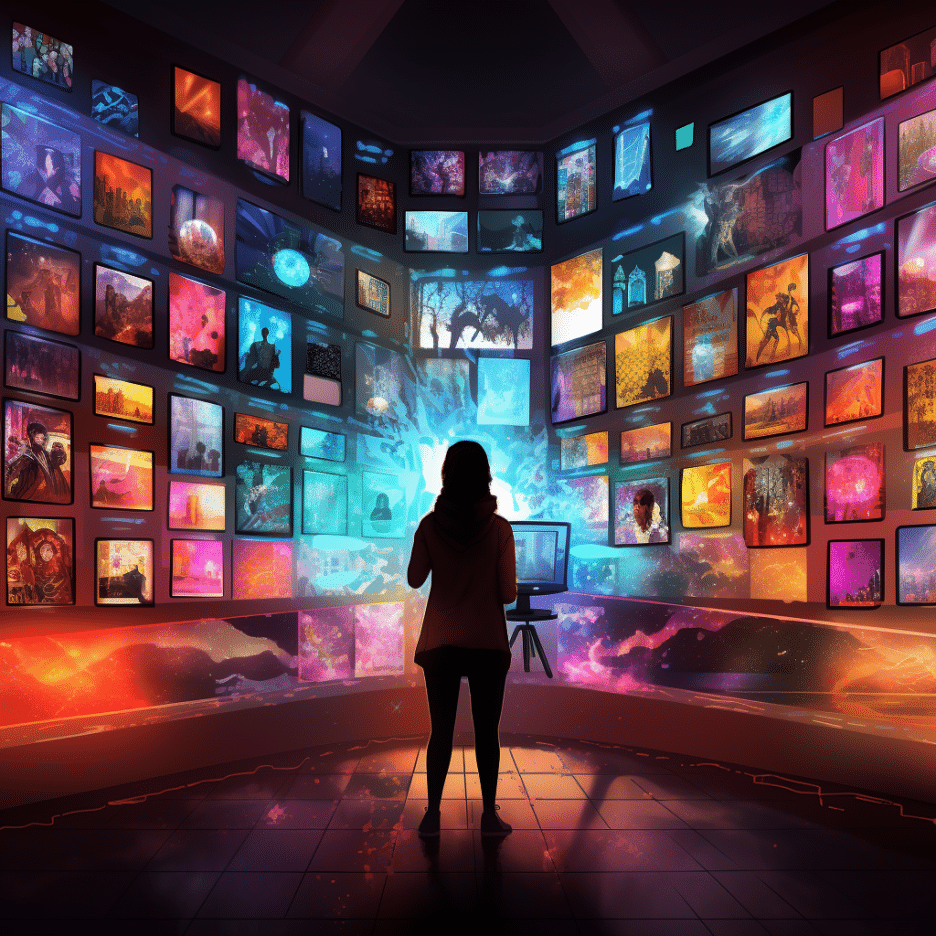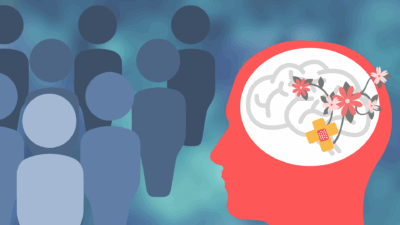
In today’s hyper-connected era, many individuals paradoxically experience digital isolation. As our reliance on virtual interfaces grows, the rich, in-person social interactions we once cherished are becoming diluted. This subtle crisis not only breeds disconnection but also impacts mental health by fueling anxiety and stress. In this article, we offer evidence-based insights on how digital isolation affects our emotional and cognitive well-being, along with practical strategies to help reclaim real human connection.
The Rise of Digital Isolation
In an era dominated by smartphones and social media, digital isolation has quietly emerged as a modern epidemic. Although technology facilitates communication, it often replaces meaningful, face-to-face interactions with superficial online exchanges. This shift can lead to feelings of loneliness and deep emotional disconnect. Many experts now argue that the essence of empathy and true interpersonal understanding is compromised by our over-dependence on digital interactions.
Recent studies reveal that despite the abundance of online interactions, they lack the physical cues that foster genuine human connections. Long periods spent behind screens often replace valuable in-person interactions, weakening the quality of our relationships. The rapid pace of digital life has redefined community support, moving away from traditional methods of empathetic engagement.
Moreover, digital isolation arises not only from personal habits but also from societal trends that prioritize independence and remote work. The ease of online communication can inadvertently lead individuals to overlook rich, meaningful interactions that only physical presence can offer. Continuous digital stimuli further widen the gap between virtual engagement and deep human connection.
Impact on Emotional Well-being

Digital isolation significantly affects emotional well-being. Research consistently shows that individuals with high screen time often experience increased stress, anxiety, and depression. Social media platforms, initially designed to connect us, can inadvertently promote feelings of inadequacy and isolation by fueling self-critical comparisons as we scroll through curated feeds.
This digital overload is particularly dangerous for vulnerable groups, such as adolescents and young adults who are still forming their identities. The pressure to maintain a perfect online persona, combined with the fear of missing out, can intensify feelings of isolation. The absence of reassuring physical presence intensifies this emotional toll, potentially escalating into severe mental health issues.
Ultimately, the disconnect between virtual interactions and genuine human empathy can create a vicious cycle of emotional instability. Experts recommend taking regular breaks from digital media to lower stress and build healthier mental habits. Developing offline relationships and practicing mindfulness are effective antidotes to digital anxiety.
Social Consequences: Loneliness and Disconnection
The shift from in-person to digital interaction has transformed our sense of community and belonging. The lack of physical contact—a fundamental part of human connection—often results in profound loneliness. As online communication becomes the norm, its inability to fully replicate tangible support becomes increasingly clear. Loneliness is now widely recognized as a modern epidemic closely tied to digital isolation.
Moreover, virtual engagements often emphasize comparison, competition, and the polished versions of people’s lives, which can further alienate individuals. These curated portrayals intensify feelings of inadequacy and drive social withdrawal, deepening the sense of isolation.

Research indicates that individuals experiencing regular isolation are at a higher risk for mental health disorders such as anxiety and depression. Authentic, empathetic connections act as a powerful buffer against these issues. It is critical for modern society to acknowledge these social shortcomings and actively work toward restoring genuine interpersonal support.
Cognitive Effects and Stress Responses
Digital isolation has a tangible impact on cognitive functions, affecting attention span, memory retention, and problem-solving skills. The constant influx of rapid digital content often leads to information overload, which in turn diminishes the brain’s capacity to process and store information effectively. These cognitive disruptions can have lasting effects on overall mental health.
The physiological stress induced by ongoing digital engagement is equally alarming. Key brain regions responsible for stress management remain in a heightened state of activation, upsetting the delicate balance of hormones that regulate mood and anxiety. This sustained state of alertness not only impairs memory but also affects decision-making.
Furthermore, neuroscientific research reveals that digital interactions hijack the brain’s natural reward system. Continuous notifications and messages trigger dopamine surges, eventually dulling the brain’s inherent reward mechanisms. Recognizing and addressing these patterns is essential for fostering healthier digital consumption habits.

Practical Solutions to Mitigate Digital Isolation
Combating digital isolation requires proactive and balanced measures that nurture both physical and psychological connections. Modern strategies emphasize using technology mindfully while prioritizing in-person interactions. This section outlines actionable steps and inspiring strategies to address this contemporary challenge, ensuring improved mental health. Practical interventions have demonstrated significant success in restoring meaningful human connections.
Adopting regular digital detox intervals, setting clear screen time limits, and actively participating in offline social activities are highly recommended practices. Additionally, tech companies are incorporating user-centered designs that encourage healthier digital habits. This collaborative effort between individuals and institutions is fundamental to reinvigorating our mental well-being.
Community initiatives—such as local group events, workshops, and therapy sessions focusing on offline interactions—are increasingly popular and effective. Embracing these strategies can help restore balance in a technology-driven world. The partnership between policymakers, healthcare experts, and technologists is critical in developing systems that safeguard our psychological health.
Deep Dive: The Future of Digital Wellness and Mental Health
Looking ahead, the conversation about digital isolation continues to evolve. With technological advancements reshaping how we interact daily, understanding the long-term impacts of digital overexposure is more crucial than ever. Researchers are now examining if emerging technologies—like virtual and augmented reality—could deepen social disconnection or offer innovative solutions. Innovative approaches to digital wellness are being tested globally, from AI-powered mental health support to apps that encourage mindful technology use.
Collaborative initiatives between healthcare organizations and tech companies are working to design digital solutions that prioritize mental health. These interdisciplinary efforts are leading to new policies, ethical tech designs, and educational campaigns that raise awareness about digital well-being. This proactive approach is essential for mitigating the negative effects of digital isolation while embracing technological progress.

Future research promises to deliver deeper insights into how cultural, social, and individual factors shape the experience of digital isolation. Ongoing studies and data collection are paving the way for personalized digital detox plans, ensuring that everyone can enjoy a balanced and fulfilling digital life. This evolving field offers hope for harmonizing modern technology with the timeless need for genuine human connection.
While technology offers unmatched convenience and accessibility, overexposure to digital environments can worsen mental health issues. The pervasive effects of digital isolation—from emotional distress to cognitive overload—underscore the urgent need for a balanced digital lifestyle. By adopting the proven strategies discussed in this article, individuals can build healthier relationships with their digital devices, enhancing mental well-being and fostering deeper interpersonal connections. Remember, the journey toward a balanced digital life begins with intentional choices and mindful self-awareness.




